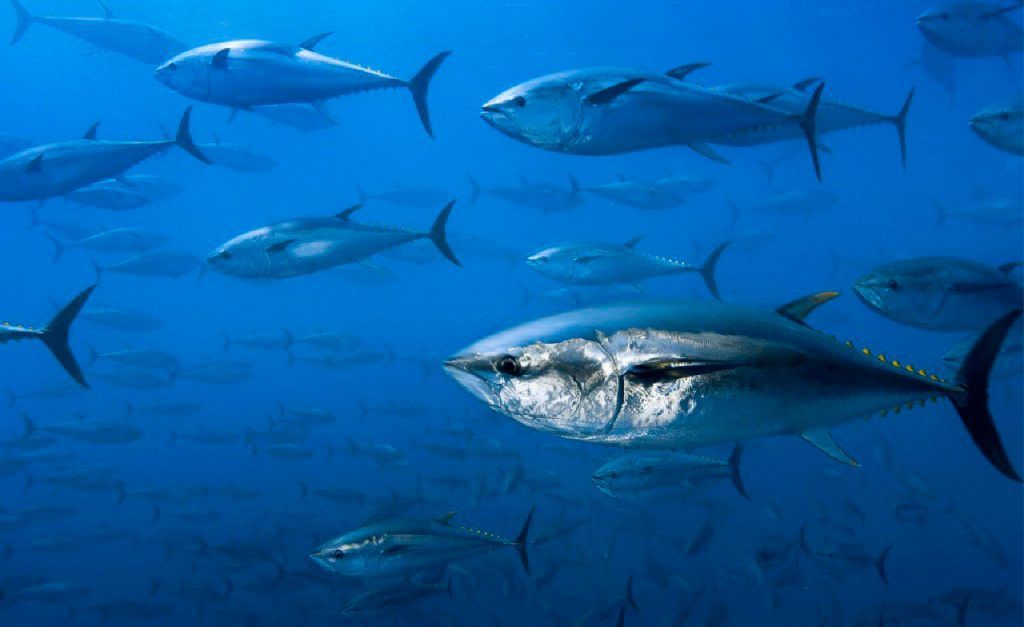Mexico and Ecuador maintain conflicting positions regarding the rule of origin for canned tuna in the framework of their negotiations to agree on a Free Trade Agreement (FTA) between them.
Worldwide, Ecuador ranked in 2020 as the second largest exporter of canned tuna, with 1,033 million dollars, surpassed by Thailand, with 2,361 million dollars.
Far below, Mexico exported canned tuna for a customs value of 52 million dollars.
Mexico and Ecuador already agreed on January 21 a pre-closing of negotiations of a bilateral FTA, informed Julio José Prado, Minister of Production, Foreign Trade, Investments and Fisheries of Ecuador.
Now the officials of both countries await a new meeting in Quito, face-to-face or virtual, in which the formal closing of negotiations would be announced no later than the first quarter of 2022.
Tuna
But Mexico and Ecuador still maintain some issues without agreeing in the negotiations, such as the rule of origin of canned tuna.
On the one hand, Mexico proposes that the rule of origin be closed in the case of this product, that is, tuna outside the Ecuadorian territorial sea cannot be incorporated into the cans exported from Ecuador to the Mexican market with preferential commercial advantages.
On the other hand, Ecuador’s position is that tuna, being a migratory species, needs to have an open standard of origin, so that fish from other waters can be incorporated into cans of tuna and can be sold in the market. Mexican market either with tariff advantages, quotas or seasonality windows, or a combination of these alternatives.
Ecuador is a small, ethnically and geographically diverse country of 17.5 million people, located in South America between Colombia and Peru.
President Guillermo Lasso, of the conservative party Creating Opportunities (CREO), took office for a four-year term in May 2021.
He pledged to build on the achievements of former President Lenín Moreno (2017-2021), who implemented liberal political and economic reforms, and sought closer ties with the United States.
Like his predecessor, Lasso could face resistance from some sectors of the population and in the divided legislature. Currently, Lasso maintains an ambitious program to open Ecuador’s foreign trade.
![]()

